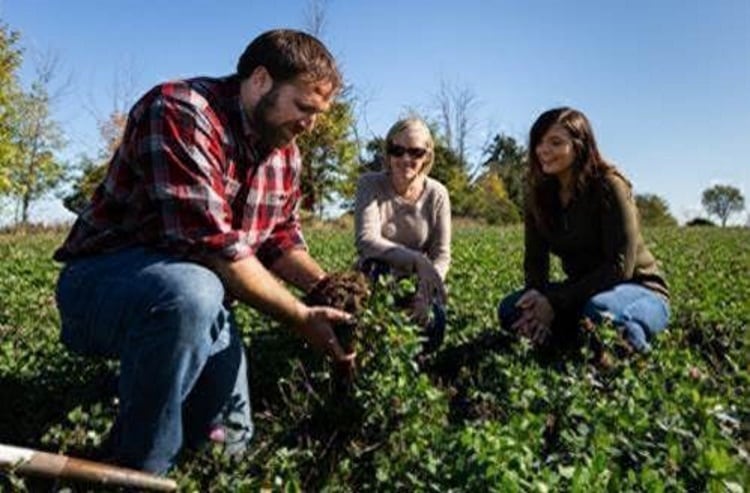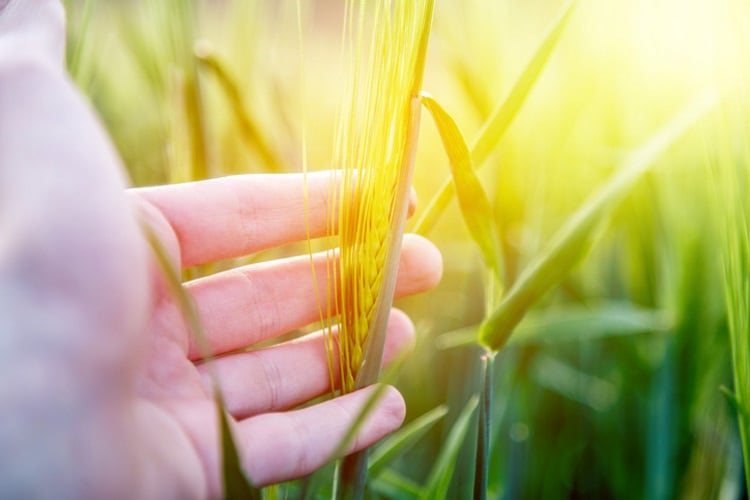Saginaw Bay is Michigan’s largest watershed, home to large populations of waterfowl, birds and more than 90 fish species, along with being the main drinking water source to nearly one million residents.
The public-private partnership between the cereal giant and The Nature Conservancy saw farmers adopted practices to help regenerate soil health, support biodiversity and address water quality concerns, with the support of a six-year USDA-led programme and a Pay for Performance incentive.
Participating farmers like Mike Milligan, a fourth-generation Michigan wheat farmer, implemented practices such as cover cropping, no-till farming, soil nutrient management and water drainage management to prevent the equivalent of 275 dump truck loads of soil from running off the land and into waterways.
Soil runoff occurs when heavy rains become too much for the soil to absorb, causing land to erode and drain into nearby streams, rivers and lakes. Runoff can cause nitrogen contamination and algal growth in waterways, which can destroy the habitats of fish and wildlife populations, and sully drinking water.
Soil health
“Promoting soil health on my farm is vital not only for boosting production, but also for helping to protect the broader ecosystem of the species and people living in the Saginaw Bay area,” said Milligan.
“Working with Kellogg, The Nature Conservancy and the USDA has helped farmers like me accelerate conservation and regenerative agriculture practices that are making a significant impact.”
The Saginaw Bay is an important sourcing area for Kellogg’s as soft white winter wheat grown there is used to make Kellogg’s Frosted Mini-Wheats and Kellogg’s Raisin Bran.
In 2019, Kellogg and The Nature Conservancy enhanced its Pay for Performance incentive to encourage more Michigan farmers to adopt regenerative agriculture practices. In just one year, the programme expanded to nearly 4,000 acres, estimated to prevent another 328 tons of runoff from entering the Bay.
For the past six years, Kellogg’s has also worked with its grain supplier Star of the West to measure and track continuous improvement of conservation practices on 70,000 acres of Michigan farmland and 45,000 acres of wheat. The teams meet with farmers each year to share best practices and provide additional resources and technical assistance.
Kellogg’s Better Days campaign
“Promoting soil health and protecting biodiversity has always been a priority at Kellogg,” said Mary Gallagher, Responsible Sourcing senior manager at Kellogg Company, noting the campaign is part of the company’s Better Days goal to support one million farmers, workers and women by the end of 2030.
“Already, we have positively impacted more than 433,000 famers through 40+ Kellogg’s Origins sustainable agriculture projects worldwide,” added Milligan.
“Keeping a healthy, sustainable system is critical. We're all working towards a common goal here, to have a healthy long-term water supply and healthy soil.”





